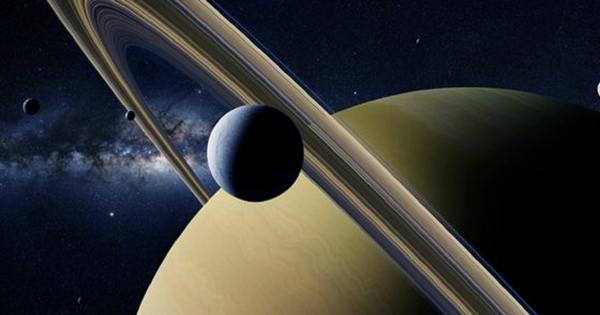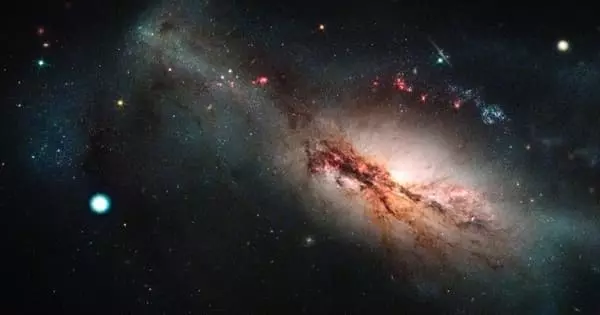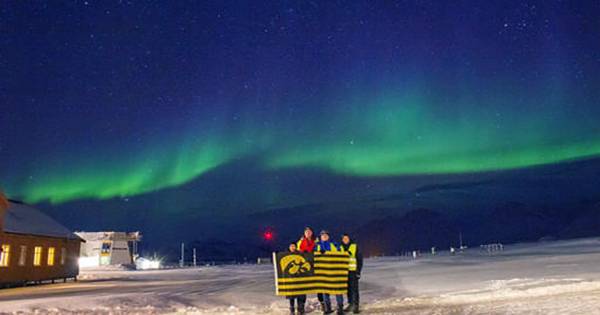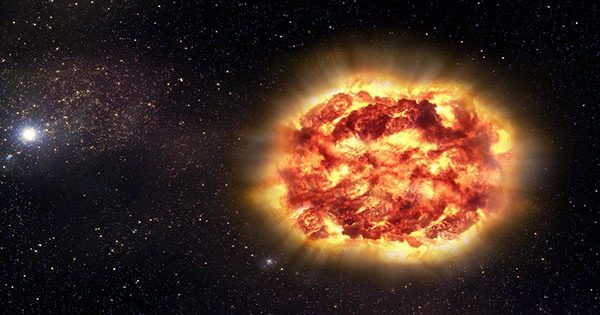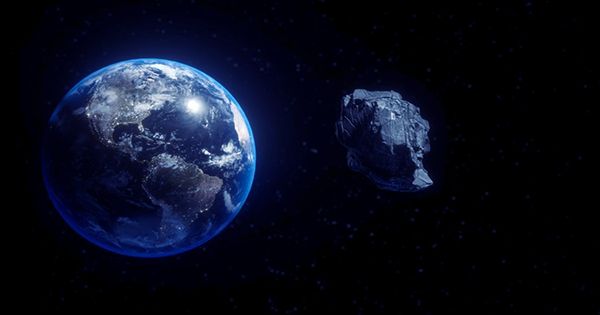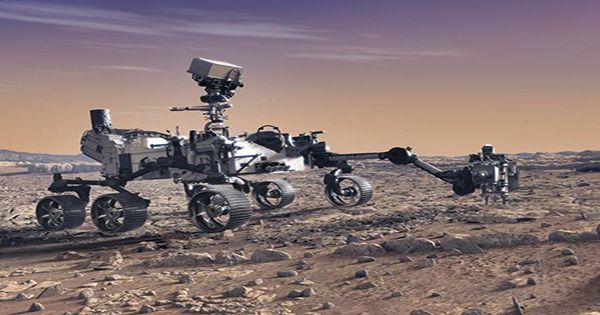Enceladus is one of the moons of Saturn, an earth famous for the deep sea hidden beneath its ice shell and plums that have apparently escaped into space. When the Cassini spacecraft flew through them, it discovered both simple and complex chemicals, indicating a lot of activity inside the moon, including hydroelectric winds at sea level. In particular, the surprisingly large detection of methane was interesting. The molecule can be formed by geological processes (abiotic) as well as living organisms on earth. Astronomers were keen to work on the possibility that this methane sign could be a sign of life.
In a new study of natural astronomy, they found that geological explanations alone were not enough to explain the amount of methane Cassini observed. According to the researchers, this is as long as there is a high probability of life emerging in Ensedadas. If life elsewhere in the universe is rare, the higher probability speaks of an incredible object that perhaps the primitive source of methane is slowly disappearing into space.
Co-author Professor Régis Ferrière from the University of Arizona said in a statement, “Of course, we’re not concluding that life exists in the oceans.” Rather, we wanted to understand that the hydrothermal vents of Anexadas could be habitable for microorganisms like Earth. Most likely, the Cassini data tells us according to our model.” “And biological methanogenesis seems to be consistent with the data. In other words, we cannot dismiss the ‘life hypothesis as highly improbable. We need more data from future missions to refute life hypotheses,'” Professor Ferrière added.
The statistical structure of this analysis is known as Bayesian statistics and for this method of working, it is important to estimate the probability of whether your guess is correct. For this reason, it is important to investigate various assumptions that may or may not be accurate. “It’s partly because we believe it’s possible to start with different assumptions,” he said.
“For example, if we think the chances of life in Enceladus are extremely low, such alternative abiotic methods become even more prevalent in the world, even though there are comparative inequalities than we know here.” Although the statistics are unlikely to confirm the presence of alien creatures in Enceladus, they do indicate what needs to be investigated to get closer to the truth, especially given the fact that we don’t expect the moon to sink anytime soon.
